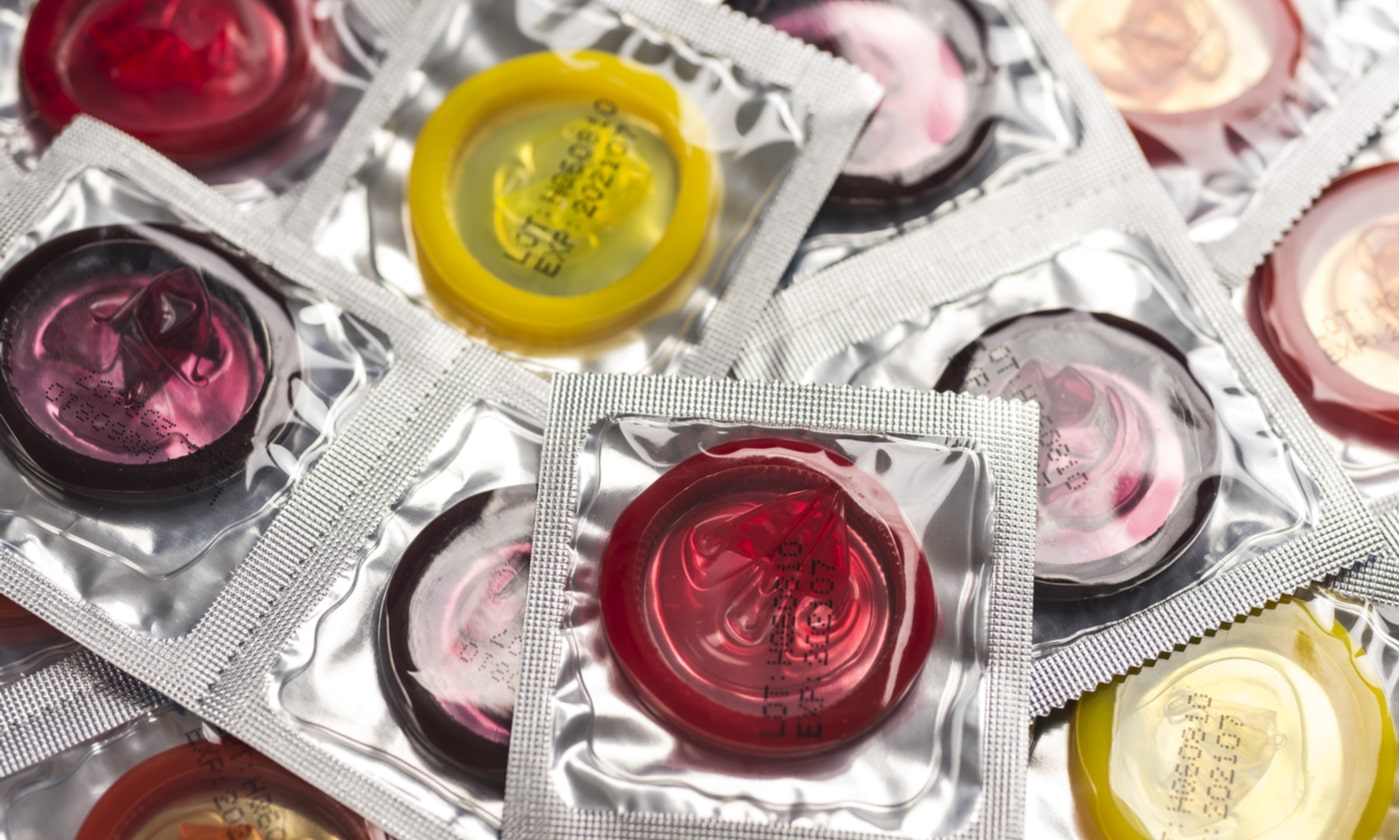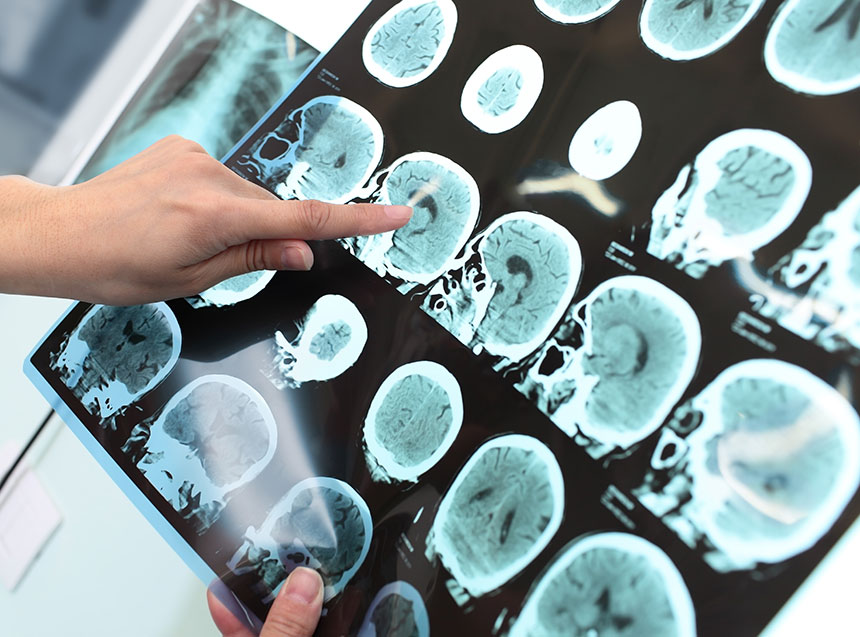Sexually transmitted diseases (STDs) can also be known as sexually transmitted infections (STIs). They are infections that are usually spread from person to person during vaginal, anal, and oral sex. Many STDs are quite common but do not cause any symptoms, particularly in the early stages. However, despite being asymptomatic, infected individuals can still transmit the STD to any sexual partners. In addition, if the STD is left untreated, serious health complications can occur.
Have you been potentially exposed to an STD?
STDs can spread through vaginal, anal, or oral sex, and sometimes transmission can occur even with the correct use of a condom.
Are you experiencing potential symptoms of an STD?
These can include:
- Sore or bumps in the genital area
- Abnormal discharge from the penis or vagina
- Painful and/or frequent urination
- Itching, pain, and/or irritation in the penis, vagina, vulva, or anus
- Flu-like symptoms
Of course, these symptoms can also be caused by something that is not an STD (e.g. a yeast infection) and many people with an STD do not actually experience any symptoms. The only way to be sure that you don’t have an STD is to get tested.
Testing is simple and easy
Just a urine sample or finger-prick blood sample is all that is required. We offer STD testing from a sample collected in the privacy of your own home. The sample is then shipped to our fully accredited laboratory for very accurate testing using approved and validated testing procedures. Your results are quickly available in your secure online account.
Testing is important
Many STDs can cause serious health complications if they are left untreated. For example, untreated chlamydia and gonorrhea infections in females can lead to pelvic inflammatory disease (PID), and PID-associated infertility, and chronic pelvic pain. Complications in males include epididymitis and prostatitis.
Some STD infections during pregnancy are particularly dangerous. For example, syphilis during pregnancy is associated with miscarriage, stillbirth, or infant death shortly after delivery in up to 40% of cases. Congenital syphilis occurs when an infected pregnant woman passes syphilis to her baby during pregnancy. For infected infants, treatment must begin immediately to prevent developmental delays, seizures, and other fatal complications.
In addition, if you have an STD (even if asymptomatic), it can increase the risk of contracting another STD, which may be more serious. For example, trichomoniasis infections are associated with a two to three-fold increased risk of HIV.
The Centers for Disease Control and Prevention (CDC) recommendations for STD testing include:
- Annual screening for chlamydia and gonorrhea in females 25 years and younger
- Screening for chlamydia and gonorrhea during each pregnancy
- Routine screening for chlamydia in men who have sex with men and high-prevalence settings
- Annual screening for gonorrhea in males 25 years and younger
- Screening for trichomoniasis in females with abnormal vaginal discharge
- HIV testing at least once for everyone 13 – 64 years, with annual screening in higher-risk populations and screening during each pregnancy
- Anybody potentially exposed to HIV should be tested immediately and again at six weeks, three months, and six months post-exposure
- Hepatitis B testing in individuals born in countries with high prevalence, as well as during pregnancy and in high-risk populations
- Hepatitis C testing at least once and during each pregnancy (except in populations where the prevalence of HCV is less than 0.1%), as well as routine testing in high-risk populations
- Syphilis testing in anyone showing suggestive signs of syphilis, as well as during pregnancy and in high-risk populations
References:
- Farley TA, Cohen DA, & Elkins W (2003). Asymptomatic sexually transmitted diseases: the case for screening. Prev Med, 36 (4), 502-509.
- 2015 STD Treatment Guidelines Syphilis. CDC 2015, June 4.
- Trichomoniasis Fact Sheet. CDC Feb 2020.
- Workowski KA & Bolan GA (2015) Sexually Transmitted Diseases Treatment Guidelines, 2015. MMWR Recomm Rep, 64 (RR-03), 1-137.




